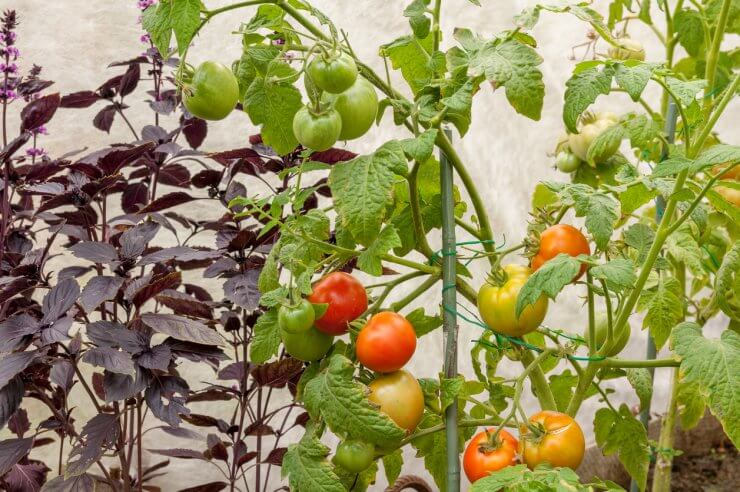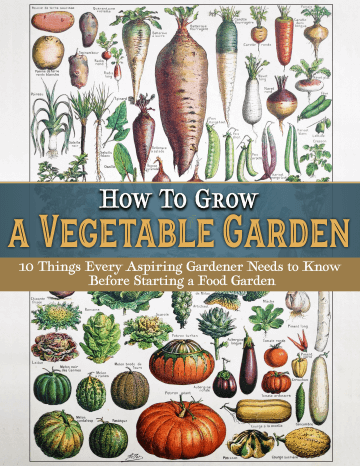
There are a lot of ways to grow a successful garden. Companion planting is one of the best “next level” strategies to help with that goal. Companion plants are like your friend who encourages you to exercise and eat healthy. You can certainly figure out how to do that on your own. And you may even have what you need – fruit in the refrigerator, good walking shoes, and that exercise app that you downloaded months ago. But it’s amazingly helpful to have that one really annoying, er, helpful friend who cheers you on and holds you accountable.
Your garden is the same. As long as your plants have good, healthy soil, warm temperatures, and the right amount of sunshine and water, they’ll probably do just fine. But garden companion planting? That’s taking things up a notch. That’s like your friend who keeps you on schedule, holds the umbrella for you when it rains, and knocks on your door at 6 a.m. to make sure you get moving.
Enough with the exercise, though. What is garden companion planting?
Discover 10 top tips for growing, harvesting, and enjoying fruits, vegetables, herbs and more from your home garden—when you access the FREEBIE How to Grow a Vegetable Garden, right now!
You’ve heard the phrase, but what is garden companion planting? And how can it benefit your garden?
If you want healthy, thriving plants, fewer pests, and more pollinators in your garden, companion planting is an easy, organic way to accomplish your goals. Companion plants have mutually beneficial relationships, and there are any number of ways these plants might help each other.
One of the most famous examples of garden companion planting is the grouping of corn, beans, and squash. Beans use the tall corn stalks for support as they climb. Squash grows quickly and its large leaves help prevent weeds while keeping the soil moist. And beans add nitrogen to the soil, which both corn and squash need to stay healthy.
Another famous pairing is tomatoes and basil. The aroma of basil deters some of the pests that would normally feed on tomatoes. And basil flowers also attract pollinators. In turn, the tall tomato plant can shade the basil from hot, midday sun.
As a matter of fact, most herbs are ideal for garden companion planting, as the strong scents confuse and deter pests. Mint deters ants, while catnip and sage will keep the cabbage moth away. Other herbs, like dill and parsley can attract beneficial insects, such as ladybugs.
You don’t have to stick to herbs and vegetables, either. Marigolds, for example, keep the root-destroying nematodes away, while nasturtiums are a favorite of aphids, drawing them away from other plants.
It’s not all fun and games in the garden
It’s important to point out that not every plant in your garden makes for a good neighbor. Some plants compete too much for the same nutrients or may cast too much shade on nearby plants.
For example, garlic may limit the growth of beans and peas. Other plants, such as tomatoes and corn, get attacked by the same worm, while tomatoes and potatoes can suffer from the same blight.
For the most part, though, companion planting is an efficient and effective way to grow a healthier, more abundant garden.
Discover 10 top tips for growing, harvesting, and enjoying fruits, vegetables, herbs and more from your home garden—when you access the FREEBIE How to Grow a Vegetable Garden, right now!
Do you have any favorite companion planting neighbors? I’d love to read your story in the comments below.




